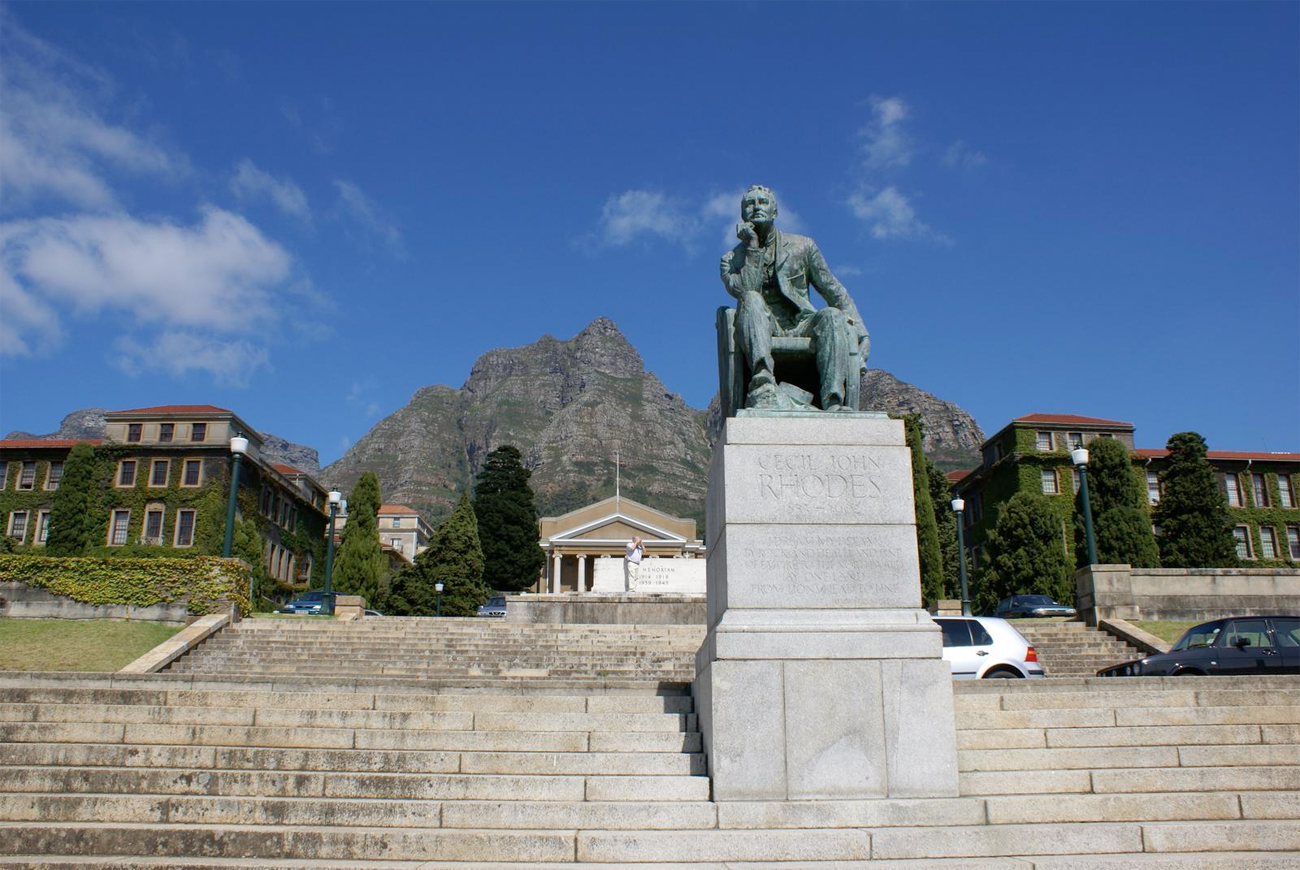The debate over colonial-era statues has by in large divided South Africans into two opposing camps over the last month, threatening to deter racial reconciliation within the country. Things came to a head yesterday when the monument at the centre of the issue, UCT’s Rhodes statue, was removed after widespread pressure from students.
The removal has not been free of controversy however, particularly after reports of student’s excessive protests during Wednesday’s council meeting to address the issue. The incident led to a somewhat contentious tweet by the CEO of the Institute of Race Relations (IRR), questioning whether UCT may be heading towards the direction of “Cape Town’s bush campus”.
But the IRR’s Mienke Marie Steytler sought to diffuse the storm surrounding the tweet, insisting that whilst they were not opposed to the removal of the Rhodes statue, such a process need be conducted in a ‘democratic’ manner.
“We live in a democracy and as far as I see, the behavior that was seen in the council meeting on Wednesday evening was hooliganism. He did not at all mean to make a racial statement, it was just that the behavior was not acceptable and appalling, and that’s the problem we have,” she explained.
She reiterated that they held no issues with Thursdays removal whatsoever, but that debate on such cases was necessary. This is opposed to the ‘atmosphere of intimidation’ seen at Wednesday’s meeting. She also stated that with universities being an open and free space for individuals to express themselves and their views, it provided the perfect setting to conduct debate on such controversial issues.
“Running into a council meeting shouting, dancing, climbing on tables, and screaming people down is not the way to do it,” she said, adding that the scenes at the meeting did little in the way of racial reconciliation.
Despite all the negativity surrounding the Rhodes debacle, Steytler said there was some evidence of transformation at universities, with the numbers attending tertiary institutions having practically doubled since 1995. On the other hand however, 51% of those would never graduate from university.
“These are stuff we are hoping this revolutionary spirit and process will flow over into. It’s one thing removing monuments, but it’s another thing when the education system is failing the country, and when an economy is failing a country,” she added.
The Rhodes statue situation has led to protests for the removal of colonial statues, across the country. On Wednesday evening, the monument of Louis Botha outside of parliament was smeared with paint. Similar incidents have taken place in Pretoria, Nelson Mandela Bay, and at the University of Kwazulu Natal. VOC (Mubeen Banderker)






 WhatsApp us
WhatsApp us 

